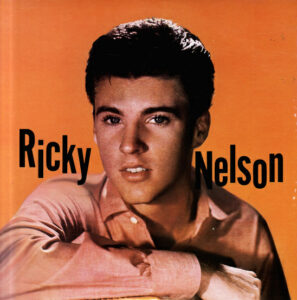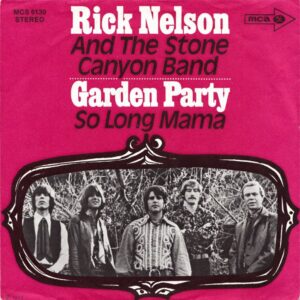by James Scott Bell
@jamesscottbell
 Recently, I was the subject of a silent auction at a writers conference. The item was a detailed critique of the first 3k words of a novel. The winner sent me her pages and I spent considerable time with comments, suggested edits, and ways to improve.
Recently, I was the subject of a silent auction at a writers conference. The item was a detailed critique of the first 3k words of a novel. The winner sent me her pages and I spent considerable time with comments, suggested edits, and ways to improve.
You never know how someone will take constructive criticism. In my email, I told her not to get discouraged, and that early on in my career I had a brilliant editor who was known for his lengthy, single-spaced editorial letters. Whenever I got one of these I placed it, unopened, on the corner of my desk, and circled around it for a couple of days. I knew there would be ample work to do.
And every time I did the work I came out a better writer.
So when I didn’t hear back from this writer, I wondered if I’d discouraged her. I was about to write her a follow-up email when hers arrived. It read:
Thank you so much for your encouraging words. Your notes throughout provide me with so much I can improve upon. I will keep at it! I am so thankful for you. Thank you for your time spent!
I wrote back and told her, “Now that is the response of a true writer.” Because to my mind, a true writer wants to get better and sees criticism not as an assault but as an ally. That’s the value of a trusted editor or beta reader (see Brother Gilstrap’s recent post and my comment therein).
Of course, not all criticism is constructive; indeed, these days, it’s likely not criticism at all—it’s an eruption of bile directed at the author for some insular and dyspeptic reason. These diatribes are not offered to help a writer, but rather to make the writer feel like this:
I’ve never learned anything from a nasty, negative review. So I don’t read them. (I’ll read good reviews from time to time as a little shot in the arm, perhaps not the best metaphor these days, but there you are.)
Writers worth their salt (an idiom that goes back to how ancient Roman soldiers were paid) seek feedback on a manuscript. Not just to catch obvious errors, which we all make, but to spotlight areas for improvement. It’s up to the author what to do with those notes.
A few suggestions:
1. Find good feedbackers. We’ve talked about editors and beta readers a lot here at TKZ. How to find the good ones is a matter of research, trial, and culling. There are many experienced freelance editors out there. Check their background and client lists. I’ve heard good things about Reedsy. Try gathering some beta readers and cull the list to settle on one or two of the best. When you have those, shoot them some moolah for future critiques.
2. Be objective. To the extent you can, look at the suggestions as if you were a disinterested third party. Some things are worth fighting for, but not if you have a chip on your shoulder.
3. Listen, but remain true to your vision. There’s a famous story about Bennett Cerf, a legendary editor for Random House, suggesting edits to Ayn Rand’s Atlas Shrugged. She took a puff on her cigarette and said, “You would not cut zee Bible, would you?” No shrinking violet, Ayn. She won, and Atlas Shrugged still sells tens of thousands of copies a year. When you reach that level, maybe you can say the same thing. Until then, listen, assess, use what is helpful while, at the same time, keep the vision of your book intact.
You’re in this to write books not just for yourself, but in hopes of connecting with readers and turning those readers into fans. If you want to write just for yourself or, heaven forfend, let AI write for you, and throw stuff out there to see if anything sticks, well, it’s not illegal, just ill informed, ill fated, and will probably make most readers ill, too.
But if you want to keep getting better at your craft, form a plan to get helpful criticism. And ignore angry people with a shoe in their hand.
Agree or disagree? Have at it in the comments.


